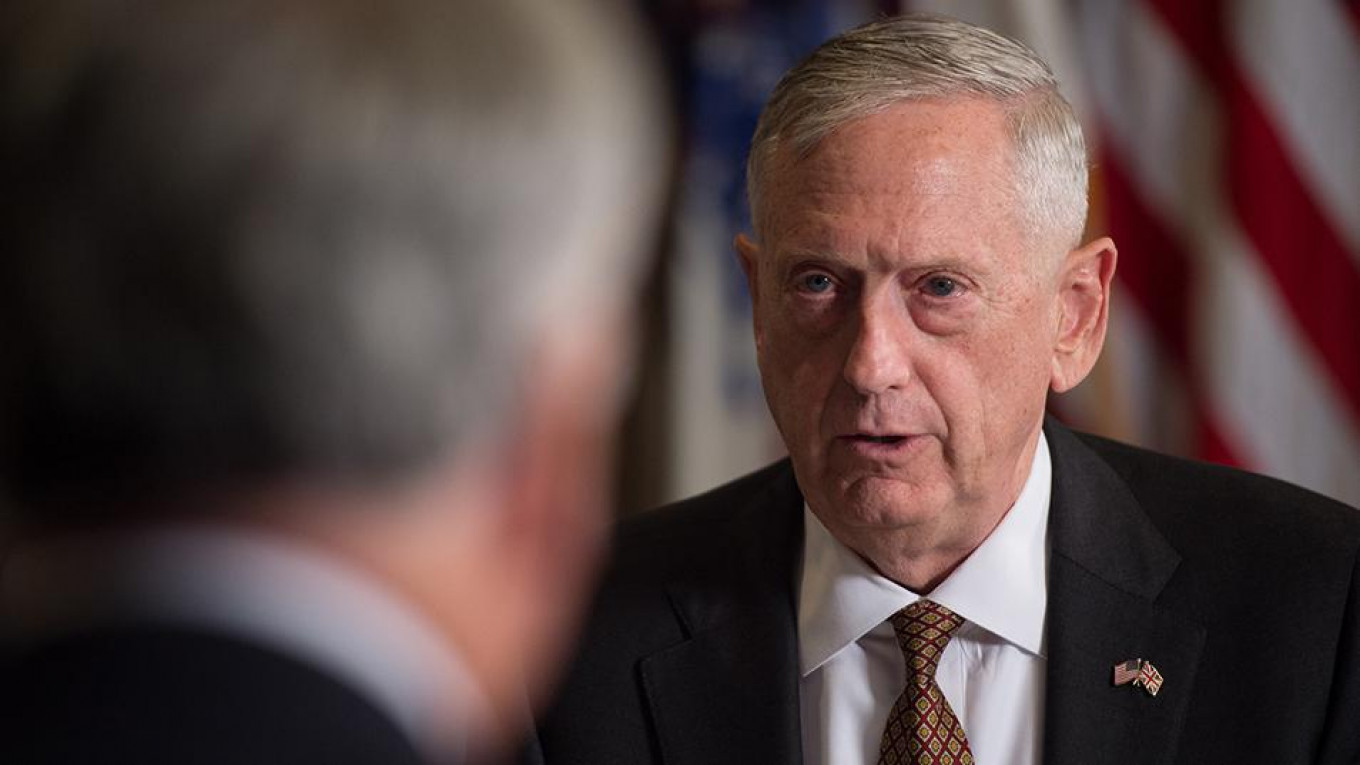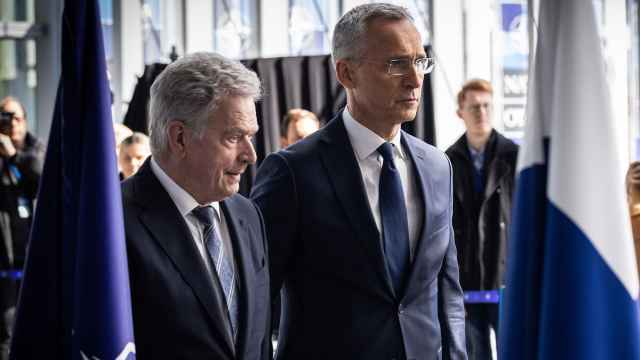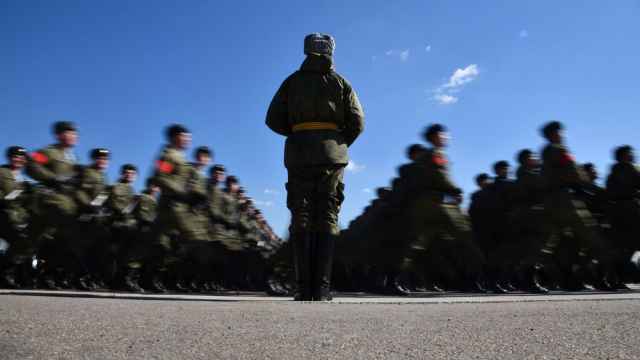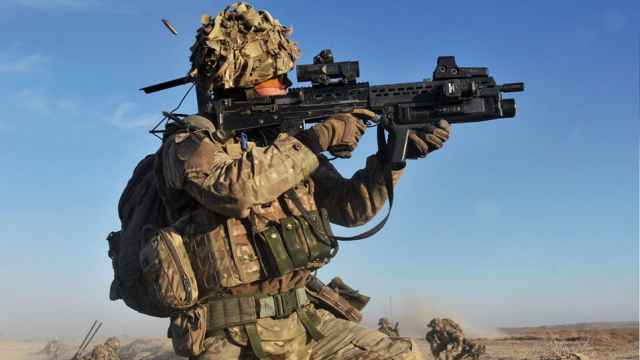The North Atlantic military alliance will maintain dialogue with Russia even as it gears up against possible aggression, the top U.S. defense chief has said.
U.S. Defense Secretary Jim Mattis has arrived in Brussels to seek agreement for European allies to prepare more NATO battalions, ships and planes for combat to shore up deterrence against any Russian attack. Despite rising tensions, top Russian and NATO generals held a rare face-to-face meeting in April to discuss military exercises and troop movements that each side sees as a threat to security.
“NATO will never turn off dialogue with Russia. NATO will never turn its back on trying to make better relations with Russia,” Mattis told reporters en route to Brussels on Wednesday.
“But when we see what has gone on in the American elections and some European elections certainly, when we see other aspects of the Russians changing borders in Europe through the force of arms, then NATO has to respond,” he said in a transcript provided by the Defense Department.
Mattis’ comments echo NATO Secretary-General Jens Stoltenberg’s repeated assertions that the bloc wants to maintain dialogue with Russia despite suspending all practical military and civilian cooperation after the 2014 annexation of the Crimean peninsula from Ukraine.
Russia views NATO’s eastward expansion and deployments in the Baltics and Eastern Europe as a security threat, while the western alliance says it is modernizing to defend itself against an assertive Russia.
Meanwhile, the top U.S. military officer Joseph Dunford Jr. is scheduled to meet his Russian counterpart Valery Gerasimov in Helsinki on Friday, Finnish defence forces said in a statement.
Reuters contributed reporting to this article.
A Message from The Moscow Times:
Dear readers,
We are facing unprecedented challenges. Russia's Prosecutor General's Office has designated The Moscow Times as an "undesirable" organization, criminalizing our work and putting our staff at risk of prosecution. This follows our earlier unjust labeling as a "foreign agent."
These actions are direct attempts to silence independent journalism in Russia. The authorities claim our work "discredits the decisions of the Russian leadership." We see things differently: we strive to provide accurate, unbiased reporting on Russia.
We, the journalists of The Moscow Times, refuse to be silenced. But to continue our work, we need your help.
Your support, no matter how small, makes a world of difference. If you can, please support us monthly starting from just $2. It's quick to set up, and every contribution makes a significant impact.
By supporting The Moscow Times, you're defending open, independent journalism in the face of repression. Thank you for standing with us.
Remind me later.






